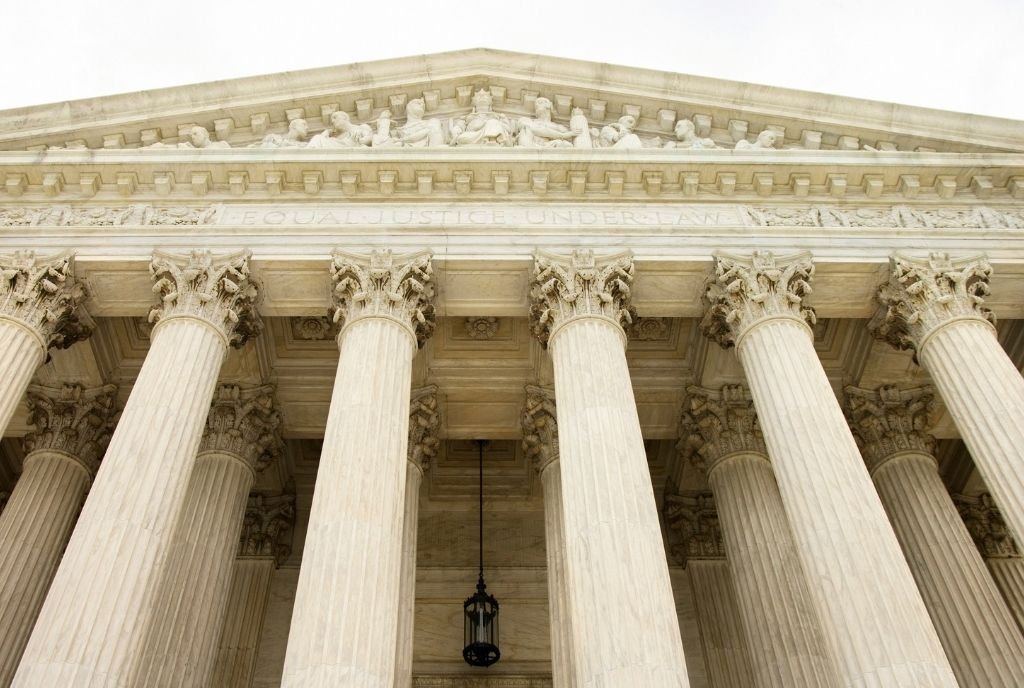![]()
October 16, 2018; Associated Press
PEN America filed a lawsuit against US President Donald Trump this week, claiming that he has used the powers of executive office to retaliate against the press. PEN America’s filing shows not a damaged or diminished institution, but a declaration of faith in the strength of the interdependent web of institutions we call civic society.
PEN America’s complaint lists four primary incidents in which Trump used presidential power to retaliate against press organizations that criticized him, including threatening to revoke credentials or licenses and attempting to block a vertical merger by CNN’s parent company, Time Warner.
Trump is not the first president to have a contentious relationship with the press. Ronald Reagan, Woodrow Wilson, and George W. Bush all attempted to circumvent the media in one way or another. Thomas Jefferson, once an avid supporter of newspapers, changed his mind once in office, writing, “Nothing can now be believed which is seen in a newspaper.” (Or in the parlance of Twitter, “Fake news!”) But critically, none of them used the power they wielded as president to retaliate for personal attacks the way Trump seems to do. Richard Nixon told the Joint Chiefs of Staff, “The press is your enemy,” but he was speaking in a private meeting to a member of the military, not to the public.
Trump, on the other hand, attempts to undermine the relationship between the press and the public, effectively cutting off the information conduit between the public and the presidency. It is this effort to sabotage the workings of democracy that PEN America contests. David Schulz of the Yale Media Freedom and Information Access Clinic, which is representing PEN America, said, “President Trump has the right to express views about the press, loudly and often. He does not have the right to use the powers of his office to punish those who disagree with him and criticize him.” The lawsuit similarly states,
Sign up for our free newsletters
Subscribe to NPQ's newsletters to have our top stories delivered directly to your inbox.
By signing up, you agree to our privacy policy and terms of use, and to receive messages from NPQ and our partners.
These ongoing verbal attacks on the press and others exercising their own First Amendment rights, while troubling and anti-democratic, are not the basis upon which Plaintiff PEN America seeks relief…But Defendant Trump has done more than to exercise his right to denounce his critics…[he] has intentionally conveyed to all writers and journalists that if he objects to their coverage, they may be subject to retaliation by the federal government. That conduct violates the Constitution.
That conduct is also dangerous. NPQ joined hundreds of other news organizations in August to stand up for the value of a free press. Though democracy advanced across the globe through the 1990s, according to PEN America, it has been in retreat since 2005. Already Poland, Hungary, and Russia have experienced the creep toward one-party rule that prioritizes loyalty over excellence, obedience over competence—and it starts with censoring the press. Without the freedom to exchange and debate ideas, citizens are automatically less well equipped to fight for a better world.
President Trump’s administration is testing the resilience of American democracy in many ways. Already it has set a number of records: for lawsuits filed against the President (over 130 in his first year); for curtailing access to government files; for losing staff members to scandals, lawsuits, and breaches of loyalty. This is an administration best served by secrecy, and a president who correctly perceives that the more the public knows about him, the worse he will look. To an administration that profits from public ignorance, the press is indeed a great enemy.
Other media experts stand with PEN America in their concerns. The National Coalition Against Censorship wrote, “We share PEN America’s grave concern about the President’s use of the levers of government power to retaliate against media companies for the content of their coverage.”
Like other lawsuits, PEN America’s challenge tests the broader resilience of American democracy. Despite this administration’s attempt to pack the courts, the judiciary remains an important strand of the protective web of civic institutions that guards the foundation of a free society. The lawsuit illustrates the degree to which the press, the courts, and civic organizations are interdependent and equally necessary. When one strand is attacked, can the others protect the whole? Many are waiting with bated breath to find out.—Erin Rubin












